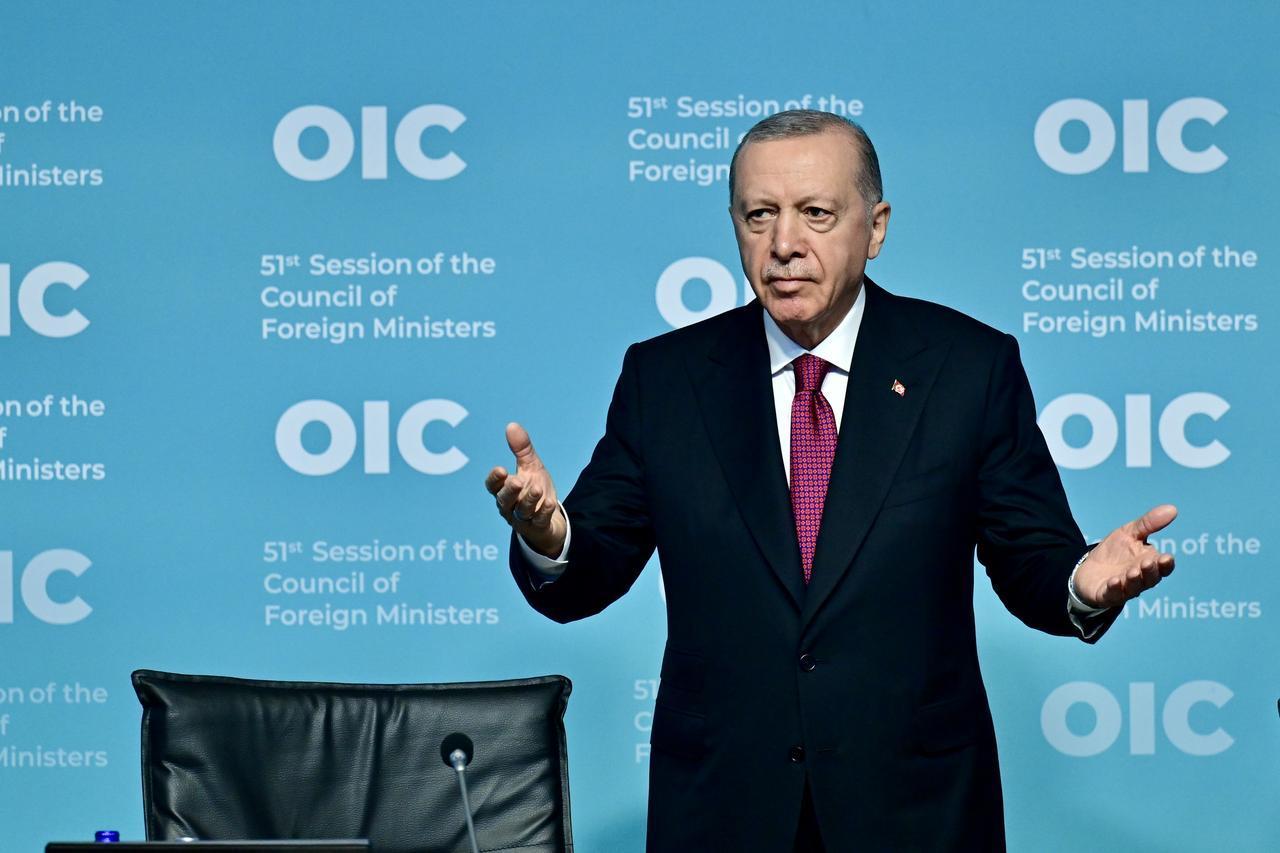
President Recep Tayyip Erdogan and Foreign Minister Hakan Fidan secured support for Turkish Cypriot recognition and Greek minority rights during the June 21-22 Organization of Islamic Cooperation (OIC) meeting in Istanbul, though six Arab countries registered formal objections to key resolutions.
The Istanbul Declaration included paragraph 24 supporting Turkish Cypriot aspirations, stating: "We support the aspirations of the Muslim Turkish Cypriots to secure their inherent rights and emphasize the importance of a negotiated, mutually acceptable, just, lasting, and sustainable solution to the Cyprus issue, as well as the need to develop contacts with the Muslim Turkish Cypriots to overcome the unjust isolation imposed on them."
The accompanying resolution called on OIC member states to end the isolation of Turkish Cypriots through enhanced cooperation, including exchanging business delegations, developing cultural and sports contacts, and supporting Turkish Cypriot participation in international forums where Cyprus is discussed. The resolution emphasized equality between the two sides in Cyprus and backed free movement for Turkish Cypriots within OIC states.
The OIC adopted paragraph 25 addressing Muslim populations in Greek territories: "We reaffirm our support for the Turkish Muslim minority of Western Thrace and the Turkish Muslim population of the Dodecanese in Greece for the full enjoyment of their fundamental rights and freedoms and declare that their religious and cultural rights should be fully respected."
Resolution No. 3/51 called on Greece to ensure full religious freedom for Muslims, recognize elected Muftis of Xanthi and Komotini as official religious leaders, and implement European Court of Human Rights rulings regarding minority organizations. The resolution also addressed educational issues affecting the minority and requested an OIC investigation into these matters.
Egypt, Iraq, Saudi Arabia, Kuwait, Lebanon, and Bahrain expressed formal reservations about the resolutions, with Egypt and Bahrain specifically objecting to paragraphs 24 and 25 of the Istanbul Declaration. The opposition reflected ongoing diplomatic efforts by Athens and Nicosia to influence Arab and Muslim countries' positions on Turkish policies.
Despite the reservations, Türkiye succeeded in advancing its agenda within the 57-member Organization of Islamic Cooperation, building on systematic diplomatic engagement with the Islamic world.